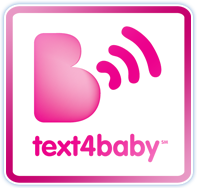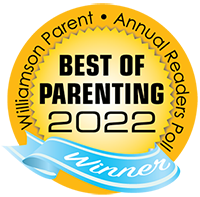In the United States alone, there are 5.9 million kids living with food allergies. That’s equal to one out of every 13 children per class. However, if your kid has just been diagnosed with a food allergy, it’s easy to feel alone. At this point, you know what foods to avoid and what medications to have on hand in case of an accidental ingestion. There are other issues to consider during this transition, though. Communication is crucial when explaining these concerns to your child.
Communicate Calmly
Young children often have short attention spans, so break up the relevant information into digestible pieces. Begin by explaining the most important fact—that some foods make them incredibly sick. Using terms such as “safe” and “unsafe” foods is recommended because they’re easily relatable. Next, make sure they understand not to take food from anyone but you and a small group of other trusted adults. Keep the list simple. Family members or teachers are good places to start.
Once they have those two important pieces of information, expand on it to an age-appropriate degree. Teach them the names of food they’re allergic to using visuals. Continue to relate details of their allergies as they absorb information. Slowly but surely, they’ll come to understand—and the new condition and routine will simply be a part of life.
Keep It Engaging
By engaging your child in this adjustment period, you’re more likely to keep him or her on track. Try to use “we” rather than “I” statements. Use “we” to verbalize that you and your child will incorporate these changes together and that it’s a perfectly normal part of life. Remember to say things out loud. Speaking about these topics casually will normalize them.
Reading product labels together is another good place to start. It shows your child that the ingredient he or she is allergic to may not be an obvious part of the food he or she sees. If your child is allergic to wheat, soy, or dairy, for example, explain that these are common ingredients of many snacks. By engaging children in the process, you help them feel in control. Make cooking an inclusive activity as well.
If you need more resources, speak with your pediatrician. There are many support groups, seminars, and quality reading materials available for children recently diagnosed with food allergies.
The information and content on our website should not be used as a substitute for medical treatment or advice from your doctor.




